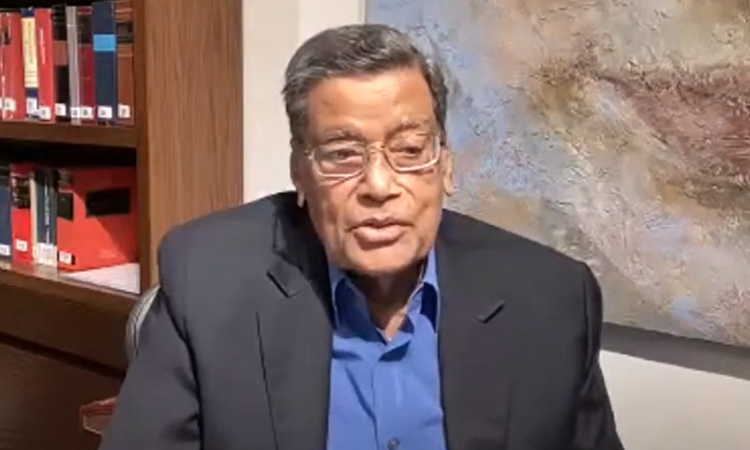Judiciary Today Is Very Strong And Not Concerned With What Government Thinks Or Feels: Attorney General KK Venugopal
Shruti Kakkar
17 Aug 2021 9:20 AM IST

Commenting on the Tribunals Reforms Bill controversy, the AG said that the age and tenure of Tribunal Members were matters of policy.
Next Story


